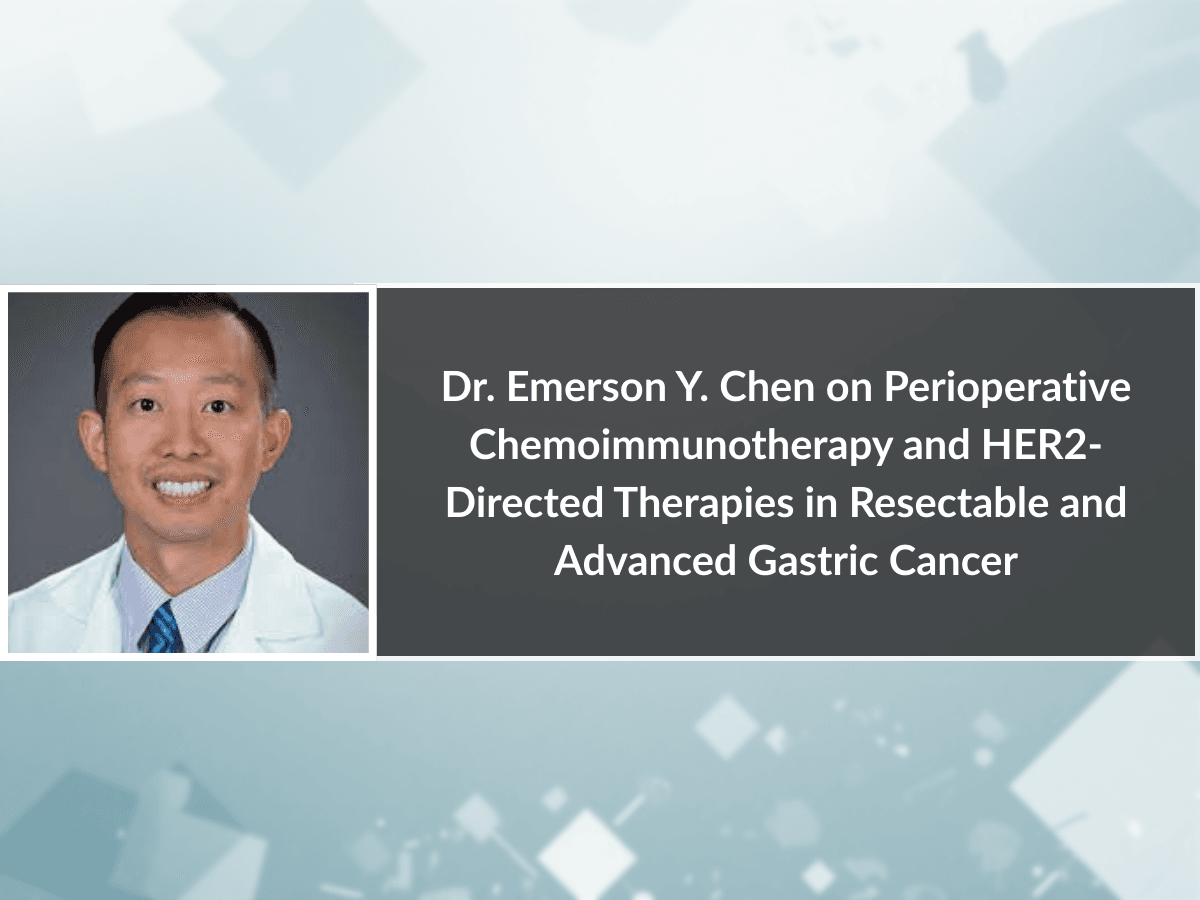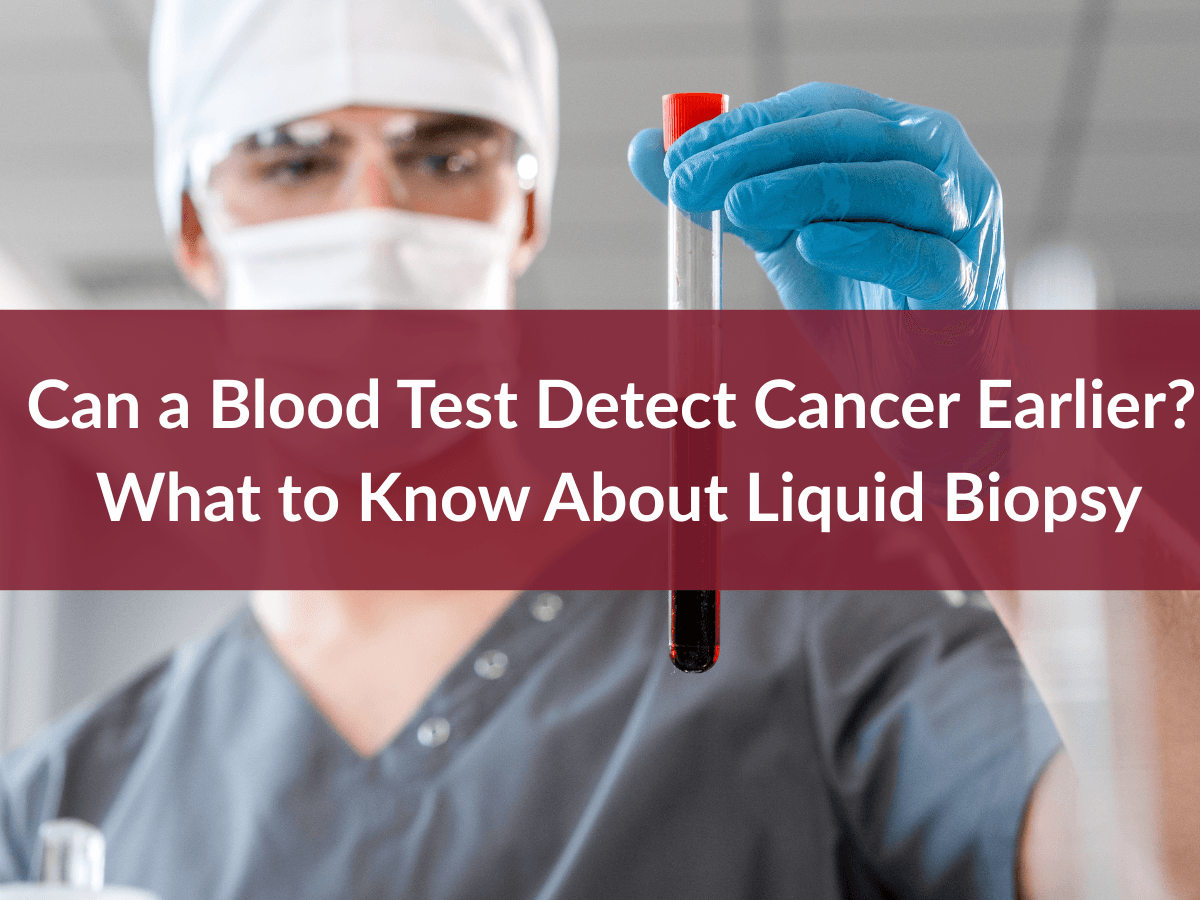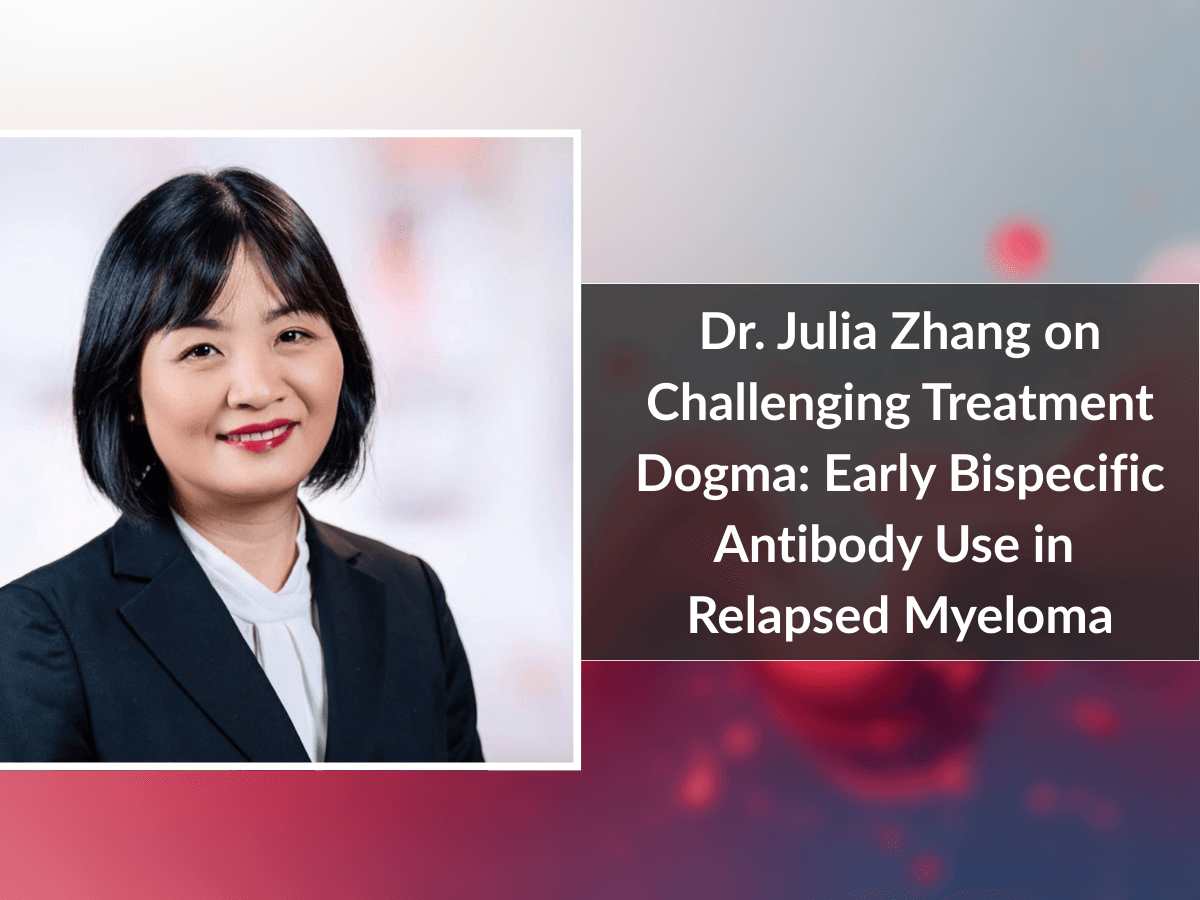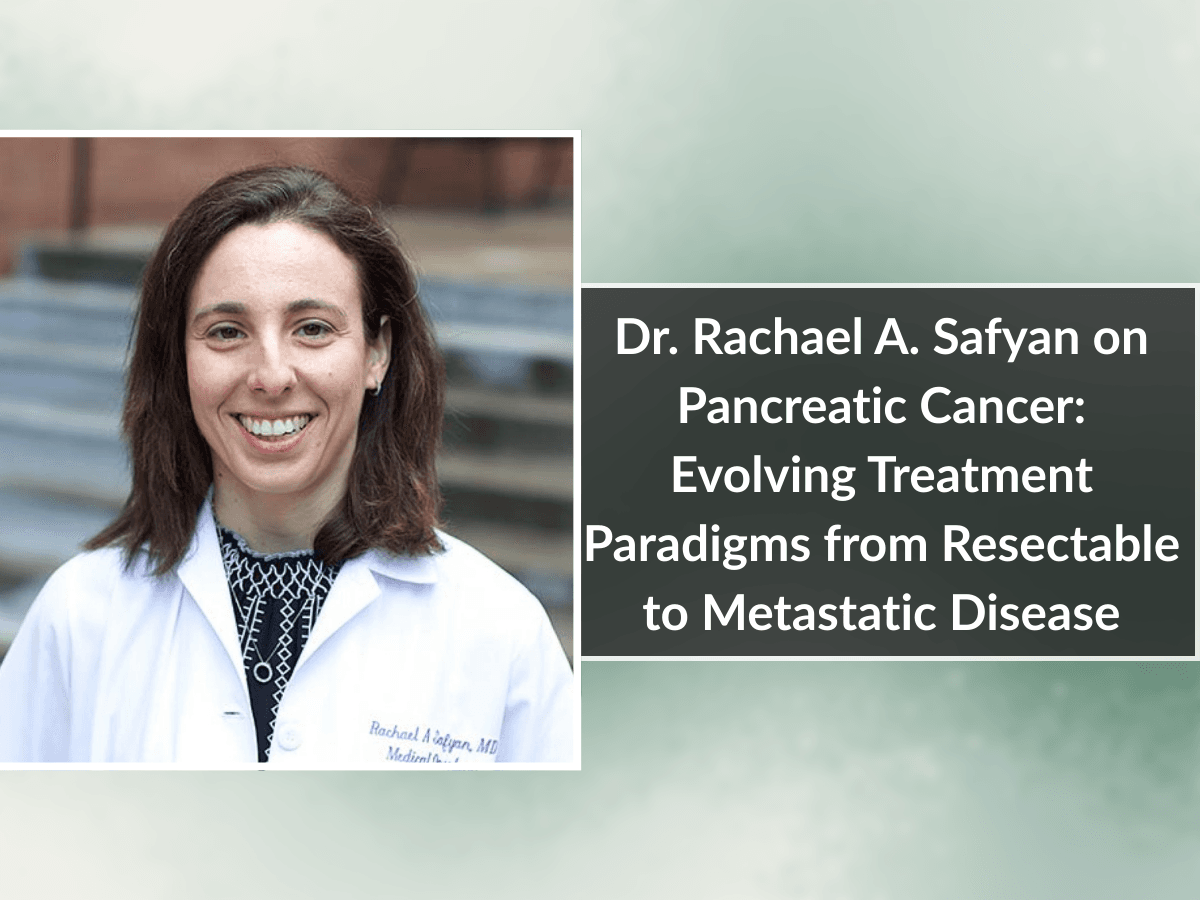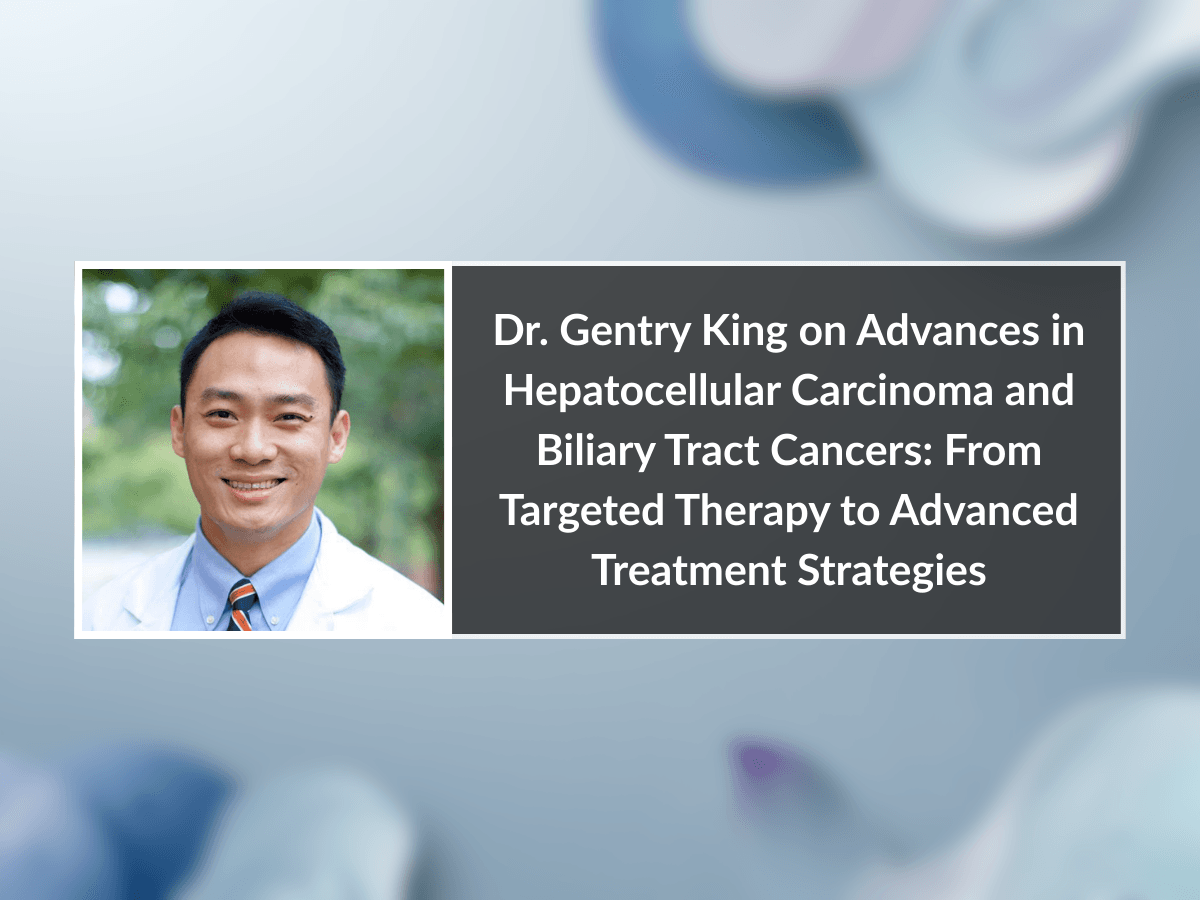
The Cancer News
AN AUTHORITATIVE RESOURCE FOR EVERYTHING ABOUT CANCER
A New Combination in Kidney Cancer Therapy: High Doses of Seleno-L-Methionine and Axitinib in a Phase I Trial

Mayo Clinic AZ
Promising results have emerged for previously treated patients with metastatic clear cell renal carcinoma (mccRCC). An abstract recently published in the Clinical Cancer Research journal evaluated the safety and preliminary efficacy of axitinib and seleno-L-methionine (SLM) in adult patients with mccRCC during a Phase I trial (NCT02535533). Axitinib is a tyrosine kinase inhibitor (TKI) that selectively blocks vascular endothelial growth factor receptors (VEGFRs), which are essential for tumor angiogenesis. Seleno-L-methionine is an amino acid that plays a critical role in depleting reactive oxygen species (ROS).
This clinical trial is a result of the observed effects of selenium-containing compounds on enhanced degradation of HIF1ɑ/2ɑ, downregulation of tumor-promoting miRNAs-210 and -155, and upregulation of tumor suppressors miRNA 664 and LET-7b in xenograft animal models. Additionally, the stabilization of tumor vasculature led to increased drug uptake and protection from toxic chemotherapeutic and VEGF-targeted agents was also noted.
This Phase I trial is a two-part study: one part focuses on dose escalation, while the other centers on study expansion. Utilizing a 3+3 design, three doses of SLM (2500, 3000, or 4000 µg) were administered orally twice daily for 14 days. This dosing is followed by 5mg Axitinib taken twice daily. The primary endpoint of the trial is safety, and the secondary endpoint is efficacy, which includes overall response rate, progression-free survival, and overall survival.
In the dose escalation phase, 12 mccRCC patients who progressed after one or more prior lines of treatment were evaluated. The first three patients were treated with 4000 µg, the second group with 2500 µg, and the third with 3000 µg. The remaining three patients were added to the 4000 µg group. The results showed no dose-limiting toxicity. Common adverse events reported included fatigue, diarrhea, hypertension, nausea, anorexia, cough, proteinuria, and weight loss. In the 4000 µg group, two patients achieved a complete response, with ongoing responses at 31 and 29 months, while one patient had a partial response lasting 24 months. In the 2500 µg group, one patient had an ongoing partial response for 21 months, whereas in the 3000 µg group, one patient had an ongoing partial response for 12 months.
In the expansion phase, of the 27 patients who received 4,000 μg of SLM, 55.6% showed a positive response. The median duration of response was 18.4 months, while the median progression-free survival was 14.8 months, and the median overall survival reached 19.6 months. Initial findings indicate that the impact of SLM—such as changes in plasma selenium levels, inhibition of TGF-β1, and stabilization of tumor blood vessels—depends on how long the treatment is administered.
The study concluded that SLM (4000µg) in combination with axitinib is safe and has promising efficacy.
In our interview with the first author of this study, Dr. Yousef Zakaharia, he mentioned, “The results we observed are encouraging. Of course, this is a single-arm study with a smaller patient cohort, so we cannot claim full success just yet. However, we can certainly say that we are optimistic and encouraged by these results. The next step will be to build on this trial by conducting a randomized phase II clinical trial that combines high-dose selenium with a tyrosine kinase inhibitor, comparing it against another tyrosine kinase inhibitor in the refractory setting. We have multiple discussions underway, and we hope this will eventually come to fruition."
Read more on this study at ClinicalTrials.gov

